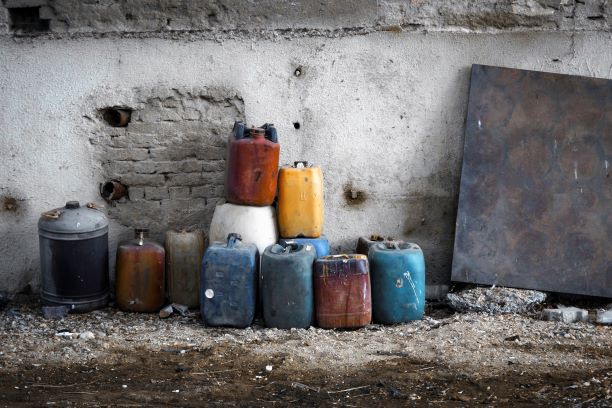There are many generic weedicides and pesticides on the Australian market, such as Glyphosate, Fipronil, Bifenthrin and 2,4-D.
Usually, generics claim to be, or are, cheaper than the original product and can perform just as well. Great news for business operators looking to save their pennies where they can by using generic chemicals.
However, be aware – some generics do not perform as well as their counterparts because they consist of cheap formulations.
Rapid Solutions’ recommendation? Do your research and become knowledgeable in this market area if you plan to purchase a generic or unbranded product.
In what way do some generics not perform well? They may not be as effective in dispersing the product when mixing or may not remain in suspension as well as others. Or, they may exhibit less effectiveness in other situations. This is due to cheaper surfactants and/or other components of the formulation.
Another disadvantage in using generic chemicals can be higher nozzle wear rate due to less refined products in the formulation.
There is also the real possibility that a product could be prohibited for use in Australia. There are many agricultural chemical manufacturers around the world and some products are produced in countries with dubious regulation.
Illegal chemicals across the world
Europe has at times experienced a flood of cheap illegal farm chemicals being manufactured in Eastern Europe and parts of Asia. Analysis of one such product by European authorities found a product illegally imported from Eastern Europe, and not registered for use in any European Union country, contained a high proportion of an illegal solvent. This solvent had been banned in Europe and other well-regulated countries around the world for 20 years or more because of its proven carcinogenic properties.
Further, New York authorities recently found large quantities of illegal rodent baits being imported and distributed into the US. None were labelled in accordance with US requirements. One product tested with 67% more toxin than the maximum allowed for any product of its type. In most cases product warnings and operator safety requirements were non-existent. Thousands of packages of illegal product were confiscated. 12 people were arrested and face prosecution, jail terms and fines.
It can happen in Australia and has happened. The Australian Pesticides and Veterinary Medicines Authority (APVMA) and the Australian Customs and Border Protection Service are currently on high alert for illegal products. Glyphosate products have been high on the agenda.
Reasons not to use any illegal product include:
- By using illegal chemicals, you may be exposing yourself, your team and your customers – and with agricultural work, farm workers, contractors and consumers – to significant safety and other risks. This could lead to action by the Environmental Protection Agency (EPA) in your state/territory. It can also lead to action by workplace health and safety regulators. Depending on the damage caused, it could go even further.
- If damage to the environment is caused, the EPA can bring legal proceedings against you and impose large fines. Using an illegal product would very likely bring down harsh penalties.
- If discovered, the product will be confiscated. The APVMA has the power to recall, prevent supply, seize and dispose of any illegal pesticides.
- If you are the importer you may be up for the cost of disposal or return of the product to its place of origin.
- Your general liability and professional indemnity insurance policies and endorsements do not cover claims arising from use of illegal chemicals.
Australian registered products will have an Australian-approved label with an APVMA number on it. Go to the APVMA website to read more about these labels: https://apvma.gov.au/node/11041.
You can also do your bit in reporting illegal products – the APVMA website tells you how: https://apvma.gov.au/node/3841.
Remember, be very careful in taking the less expensive option when buying weedicides and pesticides.
Using generic chemicals can work out well. Sometimes they are just as effective as their branded counterparts. Many are regulated for use here in Australia.
However, sometimes this is not the case. And using an unregistered chemical – knowingly or unknowingly – could end up very costly and/or dangerous for you or your clients, animals or the environment.
Apply this thinking to taking out professional indemnity and general liability insurance, too. Make sure the cover you apply to your business is appropriate for the level of activity you conduct, the size of your business and the size of your customers’ businesses. Protect yourself where possible.

